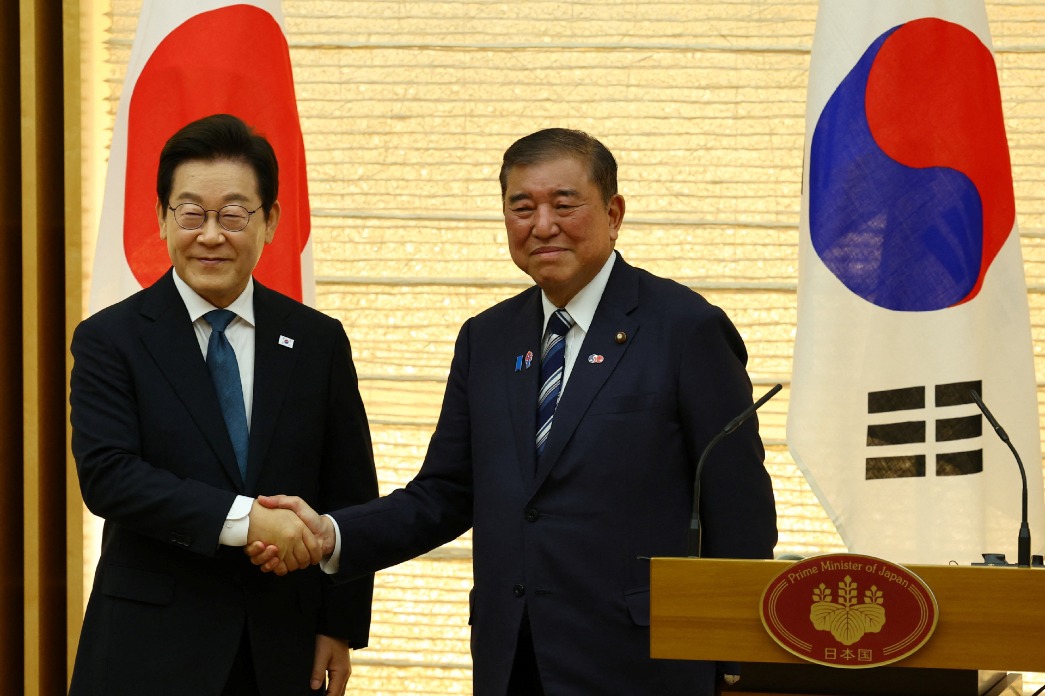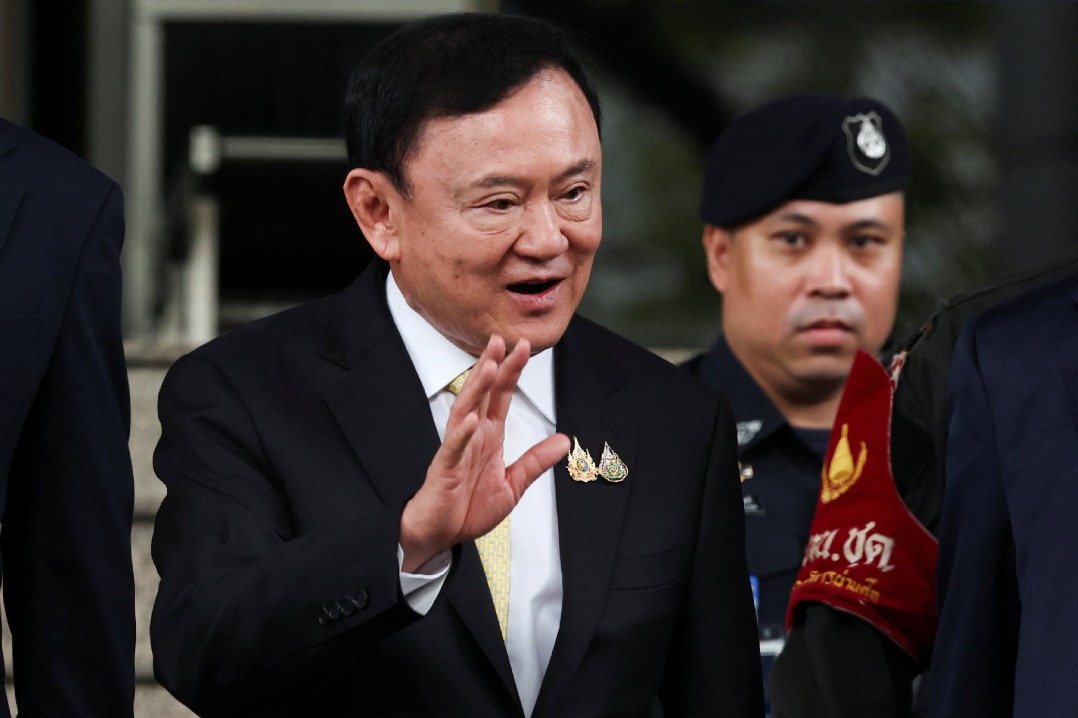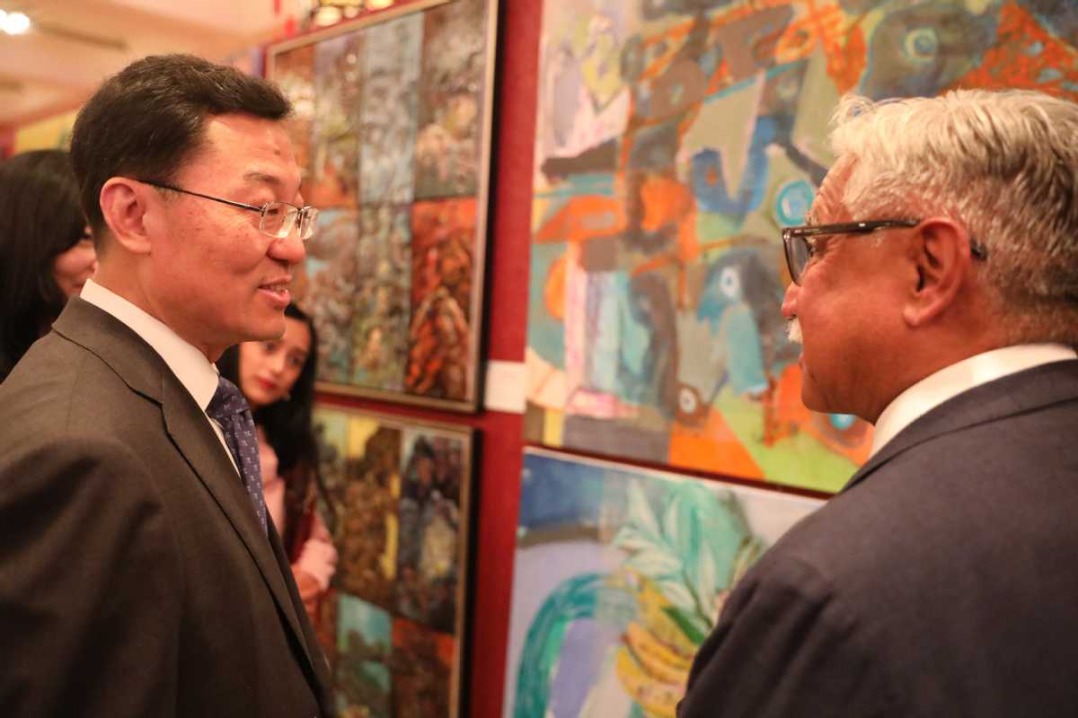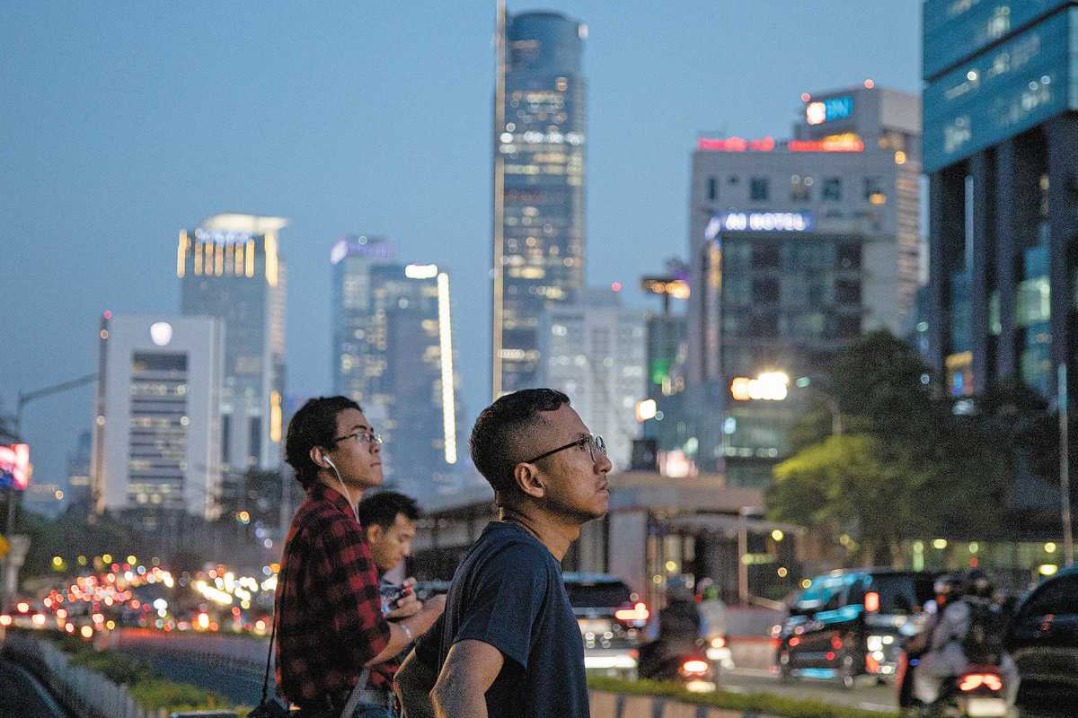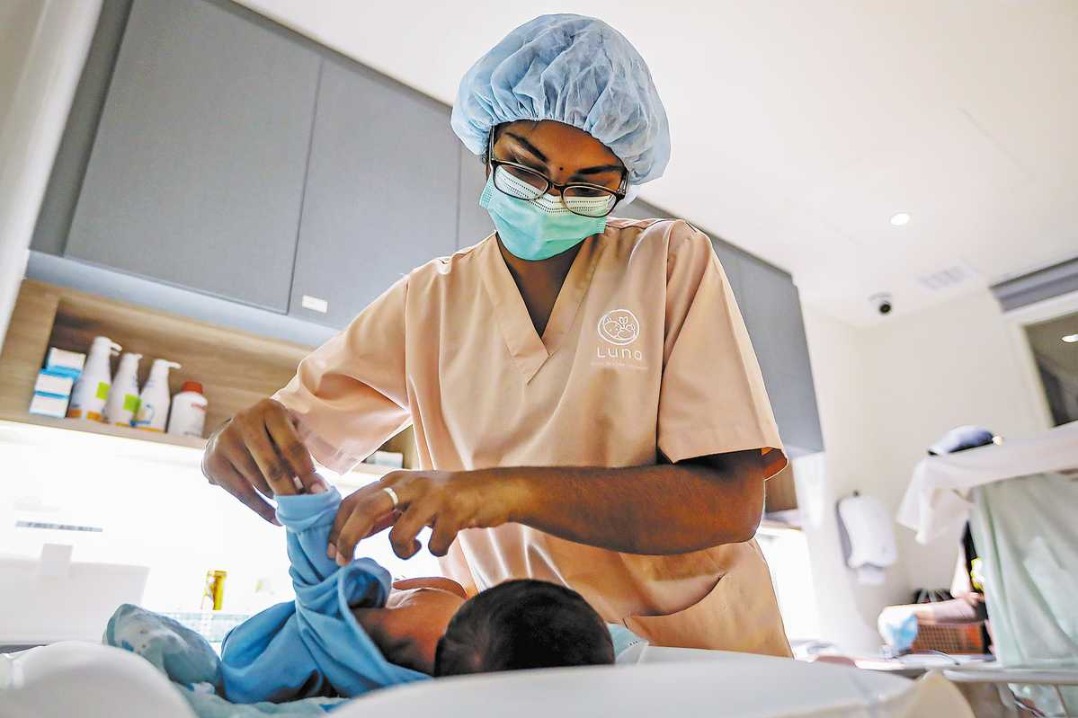Asian Americans face stigma on mental health: Report

Chinese Americans are often reluctant to discuss their state of mental health because of social stigma, a community advocate has said.
"Mental illness is a taboo subject that Chinese Americans often avoid discussing," Elaine Peng, president and CEO of the Mental Health Association for Chinese Communities in the Bay Area, said. "Traditional Chinese culture views mental health problems as a source of shame and weakness, causing individuals and families to 'lose face' if acknowledged."
The COVID-19 pandemic further exacerbated these challenges, and the rise in anti-Asian rhetoric and hate crimes deeply affected the safety and well-being of Asian Americans, particularly elders, Peng said.
Peng's comments follow a recent report that found systemic racism, anti-Asian rhetoric and cultural stigma continue to create significant barriers to mental health access for Asian American communities.
"Asian American communities have faced a long history of discrimination, racism and inequitable US policies that have significant implications for their mental health today," said Connie Tan, lead author of the report released by the UCLA Center for Health Policy Research and AAPI Data last week using data from the 2020-22 California Health Interview Surveys.
The pandemic and rise in anti-Asian rhetoric especially highlighted the deep need for mental healthcare among Asian American communities, said Tan, a research analyst at AAPI Data.
Research suggests Asian Americans have some of the lowest rates of using mental health services compared with other groups, as social stigma dissuades many from admitting their need for support.
While 16 percent of Asian Americans report needing mental health support, that number is below the California average of 24 percent. Additionally, 31 percent of those who seek help encounter access barriers, the report said.
It aligns with an AAPI Data/Momentive survey last year, which revealed that only 20 percent of Asian American adults sought professional mental health support compared with 28 percent of white adults. Asian Americans were more likely to rely on family and friends for support.
Some of the common barriers to mental health recognition and access to care include the intergenerational transmission of trauma, which means trauma being passed through generations; the lack of cultural and linguistic accessibility of services; and the mental health stigma, Tan said.
















